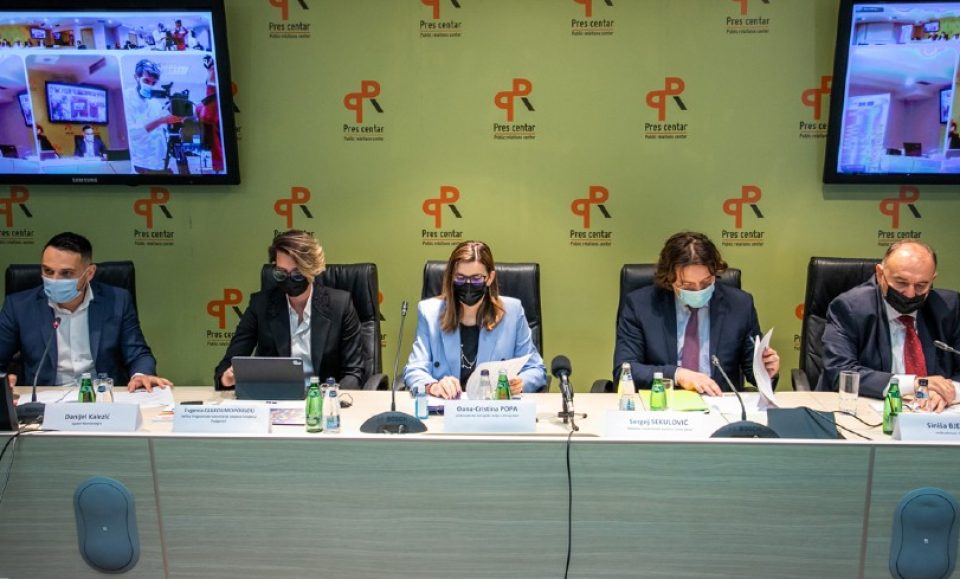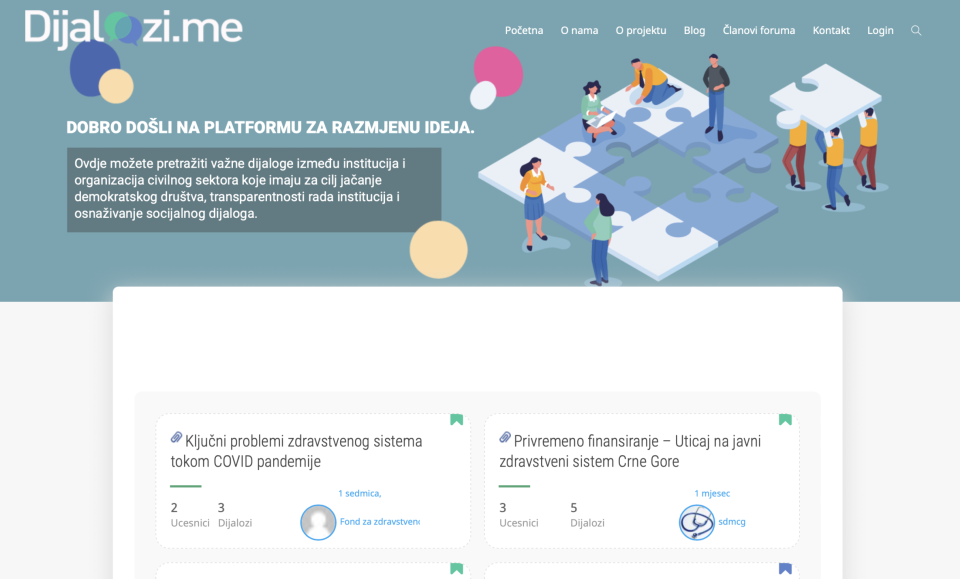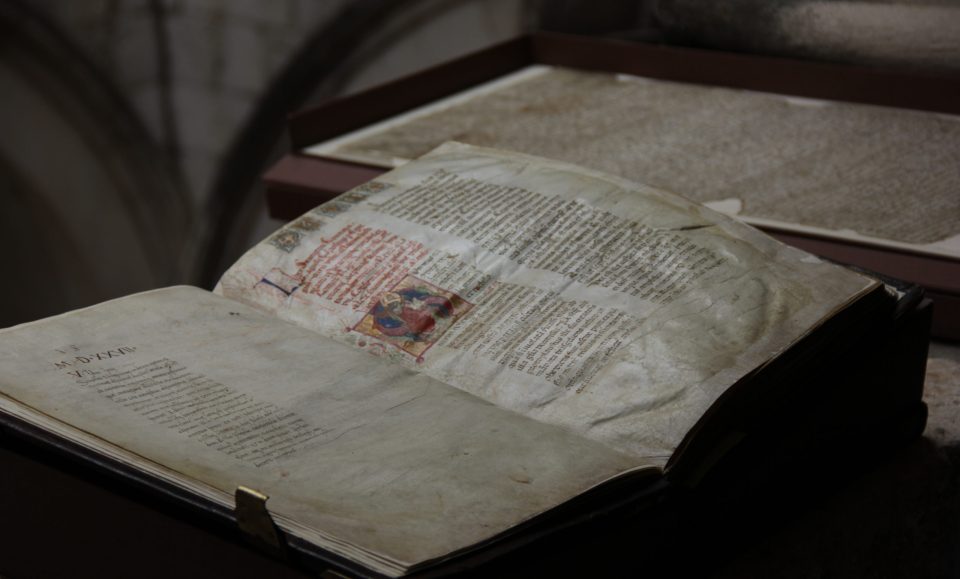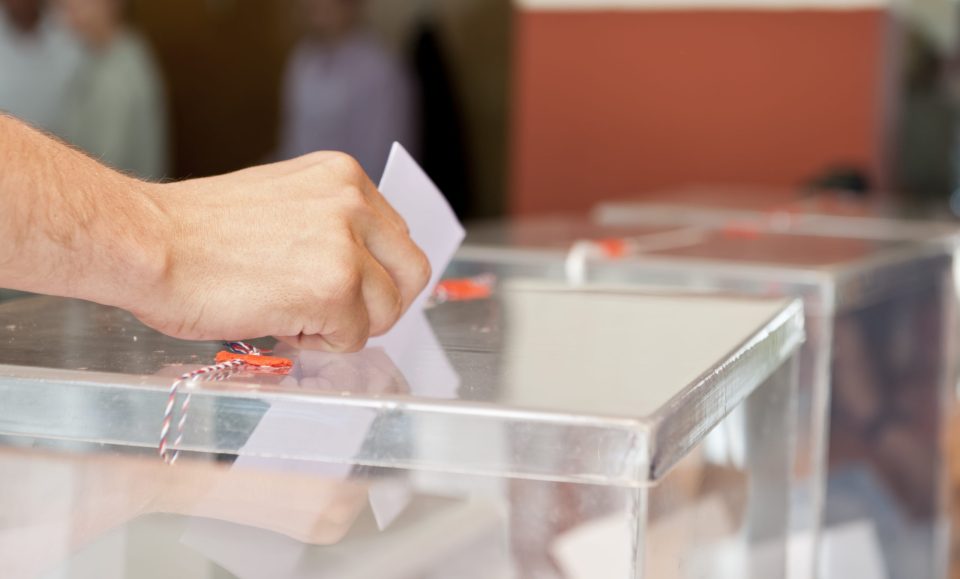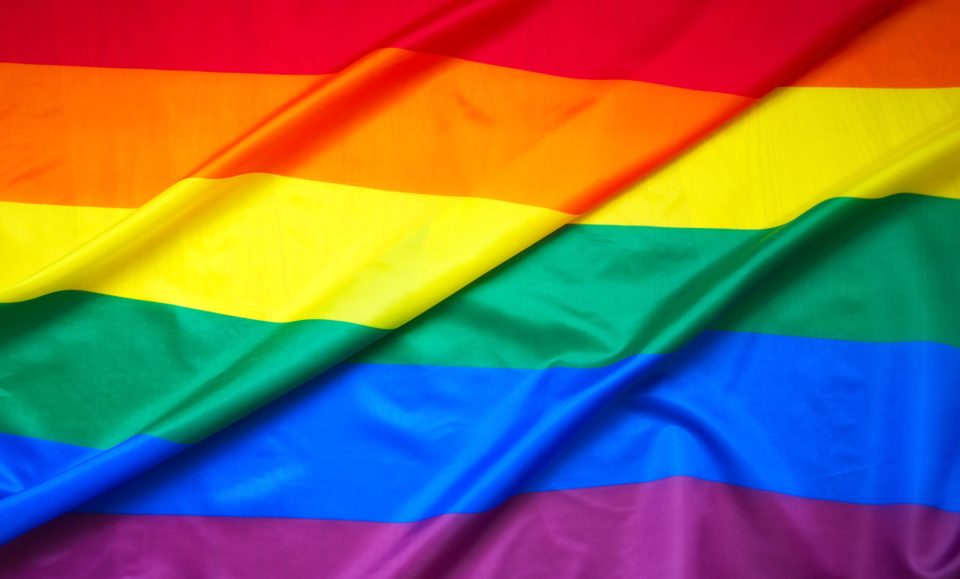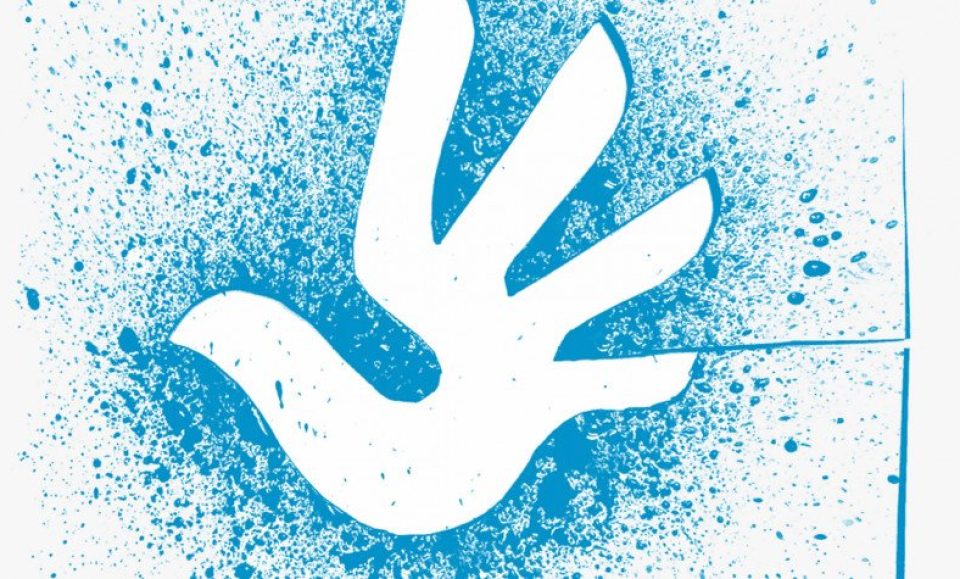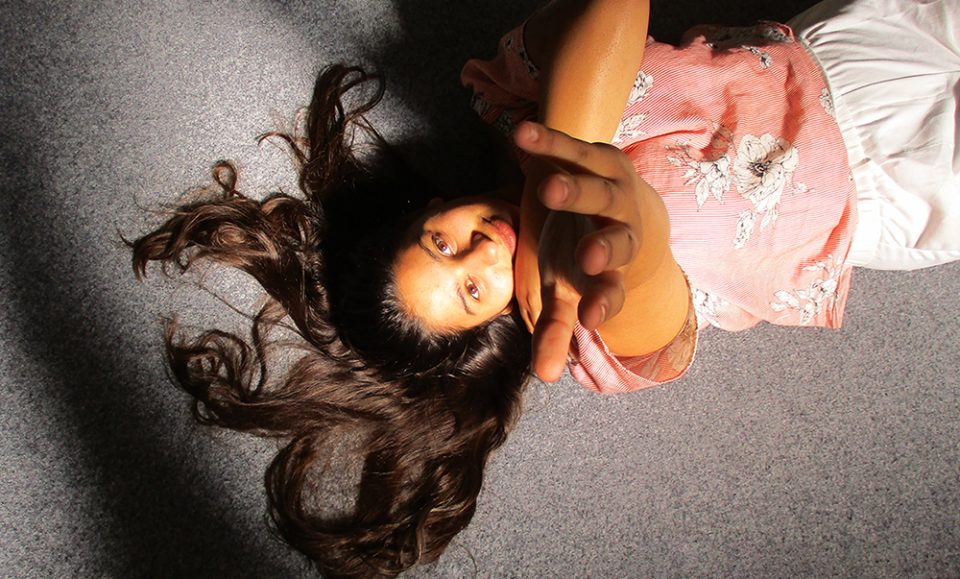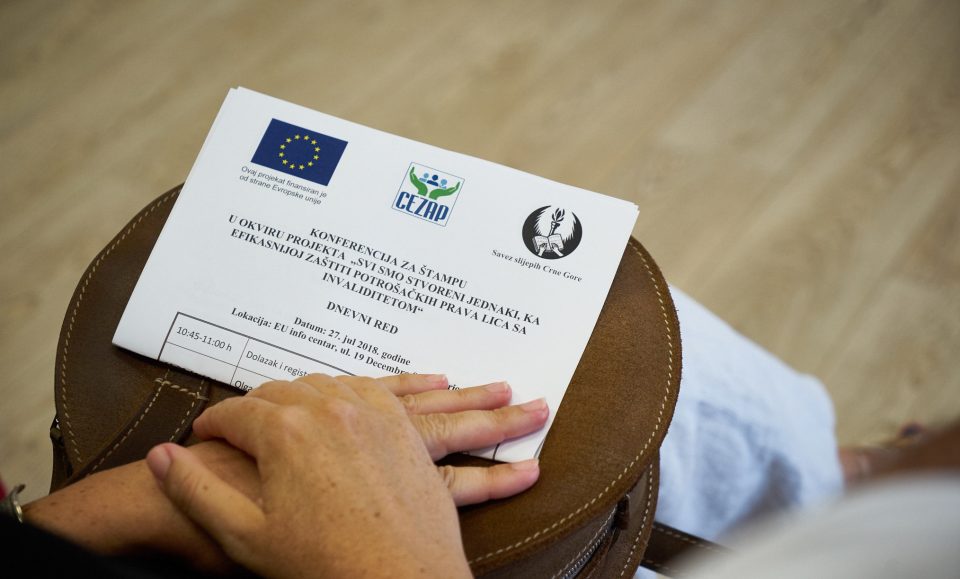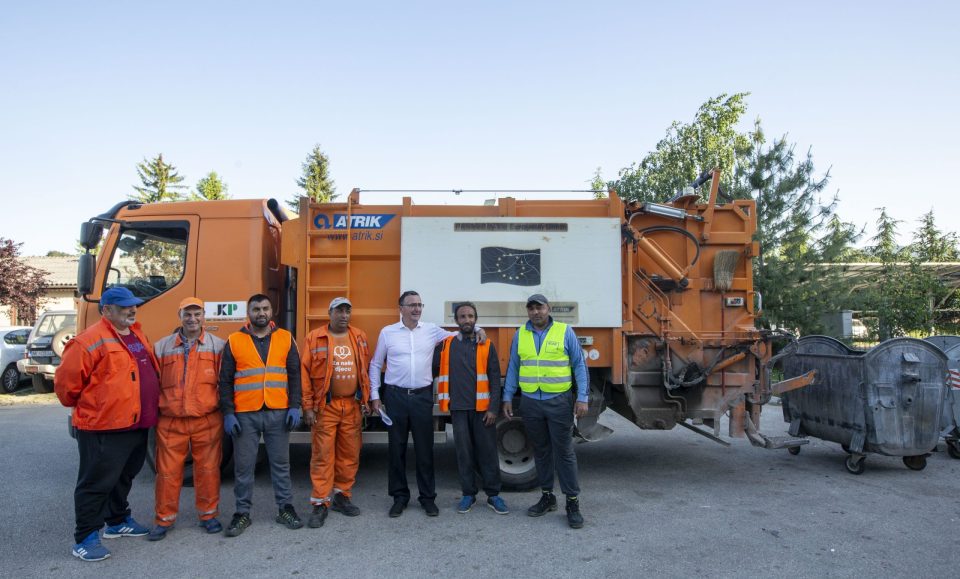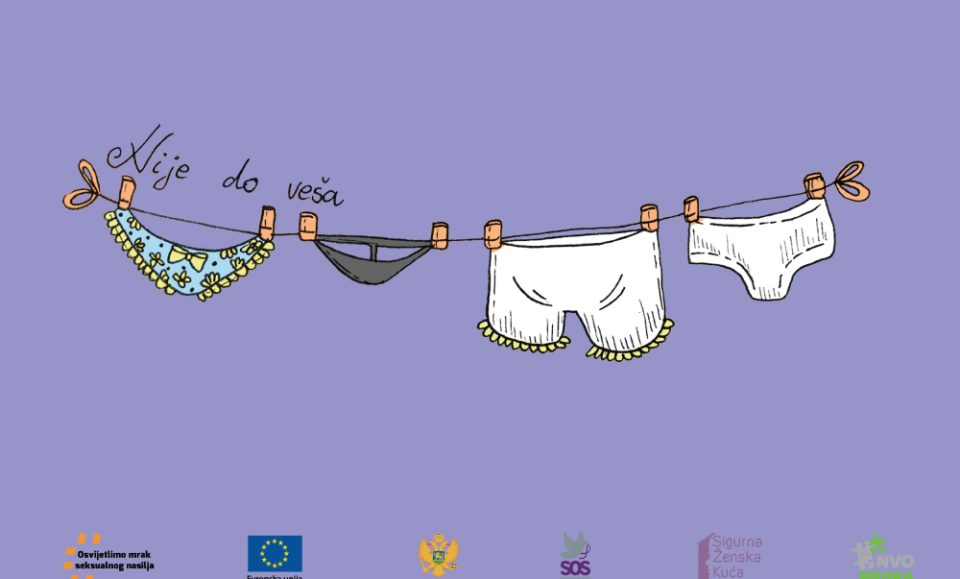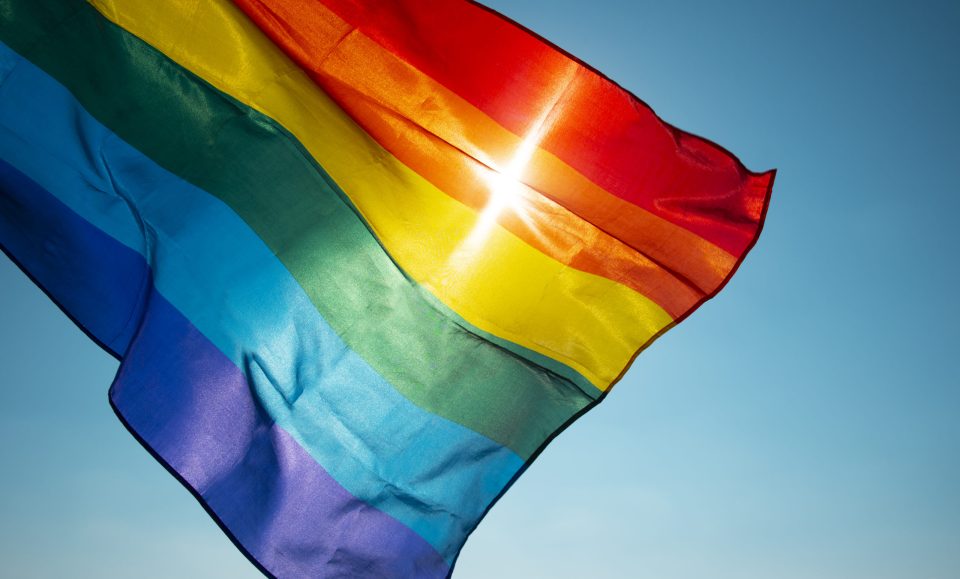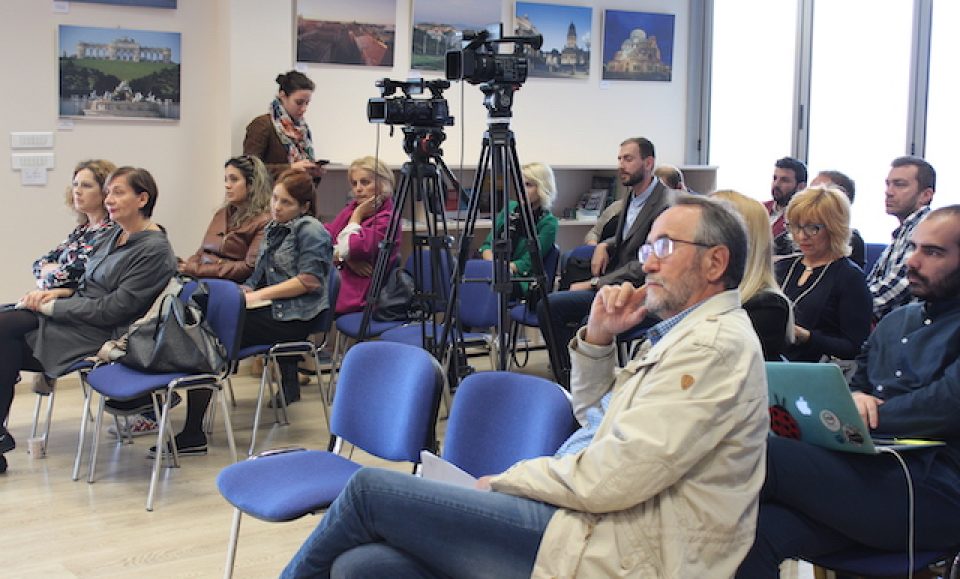Violence against women and girls is among the most common violation of women’s human rights worldwide.
Human Rights, Support to Refugees and IDPs
Did you know that the Universal Declaration of Human Rights
is the most translated document in the world, available in 370 languages? No
doubt, there is a lot to know about human rights. As one of the founding
principles of the European Union (EU), human rights lie at its core. The EU
remains committed to supporting, promoting and protecting human rights not just
within, but also outside its borders.
The European
Instrument for Democracy and Human Rights (EIDHR) represents one of
the funding instruments the EU developed for supporting specific human rights-related
projects in partner countries. So far, more than 50 EIDHR projects were
implemented in Montenegro, with an overall value of €6 million. Over the years,
EIDHR has given voice to vulnerable and underrepresented groups and has
empowered them to become more involved in decision making at local and national
levels. Through EIDHR projects in Montenegro is contributed to: strengthening
democracy and political dialogue by supporting electoral reforms; strengthening
human rights defenders; improving access to justice; fighting against torture
and impunity; protecting and promoting minority rights and rights of vulnerable
groups such as Roma, LGBTI and persons with disabilities; providing legal aid
to migrants; providing human rights education; promoting gender equality; and
preventing and combating gender-based violence.
Previous
Next
Projects
The rule of law, respect for human rights and democratic governance are at the heart of the EU accession process. To support reform processes in these areas, the European Union (EU) and the Council of Europe (CoE) have been closely cooperating in the Western Balkans and Turkey through the Horizontal Facility for many years.
The rule of law, respect for human rights and democratic governance are at the heart of the EU accession process. To support reform processes in these areas, the European Union (EU) and the Council of Europe (CoE) have been closely cooperating in the Western Balkans and Turkey through the Horizontal Facility for many years.
Everyone in the European Union has the right to access public information. This enables citizens, civil society and the media to hold all three branches of government accountable, which makes access to information one of the foundations of good governance.
Transparency and social dialogue are among the pillars of democratic society. Therefore, it is important to promote and develop social dialogue at both, local and national levels.
Dealing with the past is a long and painful, but very much needed process. It is the only way for a post conflict society to move from a divided past to a shared future and achieve lasting stability.
Transparency in the funding of election campaigns and political parties is at the heart of the democratic society and its anti-corruption agenda. It reduces space for illicit practices, undue influence at political subjects and voters, and misuse of public funds for election purposes.
Discrimination on the grounds of sexual orientation and gender identity has no place in modern society. Everyone should enjoy the same rights.
Since autumn 2017, Montenegro has been increasingly affected by migration along the so-called “coastal route” (Albania-Montenegro-Bosnia and Herzegovina).
Freedom of peaceful assembly is an individual right that is always expressed in a collective manner.
In order to contribute to the promotion and protection of Roma and Egyptian (RE) rights at local level in Montenegro, this project will encourage active civil society participation through a comprehensive approach, including: capacity development of CSOs; organisational development and functioning; project management cycle; human rights monitoring and advocacy; as well as financial support for implementation of local CSO’s initiatives.
People with disabilities face various forms of discrimination in their daily routine, but one of the main obstacles to living a dignified and independent life is a partial or complete lack of access to goods and services, especially for the visually impaired.
The process of political socialization of Roma population in Montenegro is still at the beginning stage. They remain the most vulnerable minority in Montenegro, not very familiar with the political system or mechanisms through which trade unions act.
The right to adequate housing and the right to water are fundamental human rights and as such should be promoted and protected.
Sexual and gender-based violence represents a human rights violation. It is a widespread global phenomenon, which is also present in Montenegro. The scale of the problem remains alarming and needs to be tackled seriously.
The prohibition of discrimination and protection of human rights are important elements of the legal order of the European Union, whereby sexual orientation is recognised as one of the grounds of discrimination.
Organisations of persons with disabilities have a very important role in advocating for the rights of persons with disabilities (PWDs) and integrating persons with disabilities into mainstream society. It is therefore important to include them in policy development at both local and national levels.
This project contributed to raising public awareness and understanding of human rights and the phenomenon of discrimination, as well as to promoting work and achievements of human rights defenders.


